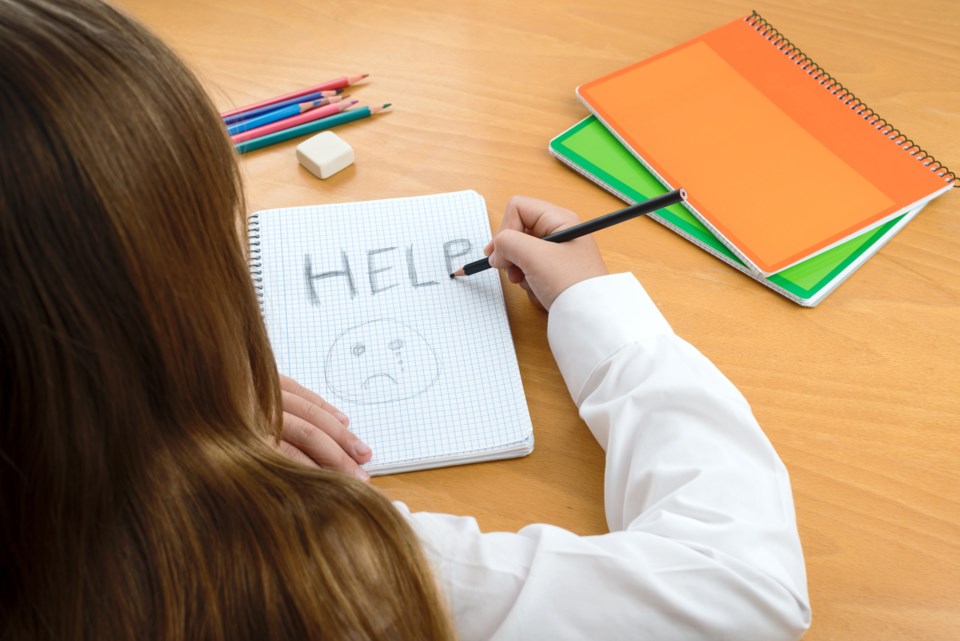More than 28,000 children and youth are currently on waitlists for mental health services.
Some are waiting as long as two and a half years to receive the help and support they need, says Children’s Mental Health Ontario (CMHO).
That’s over 900 days and more than 21,000 hours. It’s an eternity for families in crisis.
The middle of an election campaign is an ideal time to put a spotlight on the issue, says CMHO, which represents close to 100 of the community child and youth mental health providers across Ontario. In Sault Ste. Marie that would be Algoma Family Services.
CMHO recently launched its #KidsCantWait campaign, calling on Ontario party leaders and candidates to sign a pledge to make Ontario the top jurisdiction in Canada to access child and youth mental health supports.
"Kids across Ontario have taken the brunt of the pandemic, far too much has been asked of them. Now more than ever, it is imperative we have strong provincial support so that our children can access the timely care they critically need," said Tatum Wilson, CEO of Children's Mental Health Ontario.
Wilson is asking the party leaders to commit $300 million over the next five years targeted to child and youth mental health based services.
“We are asking all provincial leaders and candidates to take a pledge with the goal of making Ontario the best jurisdiction in Canada for access to child mental health and youth services,” said Wilson in a recent interview with SooToday.
“Without a comprehensive investment in these programs all we do is move the problem to another place or exacerbate it in other areas,” added Wilson.
The pledge includes the following elements:
- Investing $300M over the next 5 years into child and youth mental health;
- Cutting wait times to 30 days;
- Building more capacity in the community so kids don’t end up in emergency rooms;
- Developing a highly qualified and sustainable workforce of children’s mental health professionals.
As with other aspects of the health care system, Wilson recognizes that northern Ontario faces some specific challenges.
He said even if access to that early intervention is available, more intensive services often require travelling away from home.
He also pointed to issues such as developing culturally appropriate programs for indigenous youth, technological difficulties in communities with poor internet access and staffing recruitment and retention.
There are a number of issues vying for the attention of candidates. Wilson recognizes this, but adds there is an economic case to be made for investing in children’s mental health along with the ethical one.
Seventy per cent of adults with mental health problems say their challenges began when they were children, said Wilson.
Early intervention and prevention in the child sector will have a benefit down the road.
“Really it’s about spending money in the right place at the right time,” said Wilson.
As a last resort families sometimes find themselves going to the emergency room at the hospital which is more expensive.
While CMHO’s message is directed to political candidates, they are also trying to reach out to the public.
He encourages people to go to the website CMHO.org where you can automatically send a message to candidates to encourage them to take the pledge.
“What we are really trying to do is raise awareness, but also have it on the radar so that whoever forms the next government comes in ready to make this commitment.”



